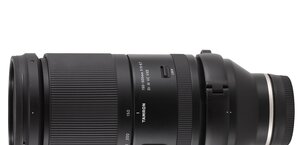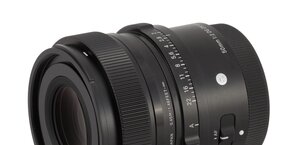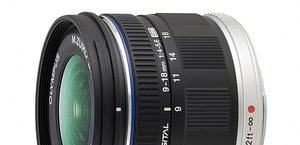Sigma A 20 mm f/1.4 DG DN – first impressions and sample images
3. Autofocus and some remarks about optical properties
Sample shots, presented at the end of this material, show clearly that sharpness shouldn't be an issue here. Even by f/1.4 you are able to get images of very good quality.
Vignetting is quite another story as it is able to reach near 3.5 EV. It's a lot but not a big surprise; even the reflex camera version of this lens exceeded 3 EV and with the new lens the standards are raised even higher. Why? Firstly, there are more problems with telecentricity. Secondly, the new version allows you to attach traditional 82 mm filters and that limits the dimensions and convexity of the optical front element system. Mind you it's difficult to compare this lens directly to any other instrument because none of its rivals offer similar parameters.
Please Support UsIf you enjoy our reviews and articles, and you want us to continue our work please, support our website by donating through PayPal. The funds are going to be used for paying our editorial team, renting servers, and equipping our testing studio; only that way we will be able to continue providing you interesting content for free. |
- - - - - - - - - - - - - - - - - - - - - - - - - - - - - - - - - - - - - - - - - - - - - - - -
Contrary to the C line lenses, the Art series tries to control distortion with the help of the optics and the result of the new 20 mm model near -2.5% is the proof. It is a bit weaker than in case of its reflex camera predecessor but the difference is not that significant. With such a wide angle of view deformations of such a degree can be deemed acceptable.
| Sony A7R III, 20 mm, JPEG | |||
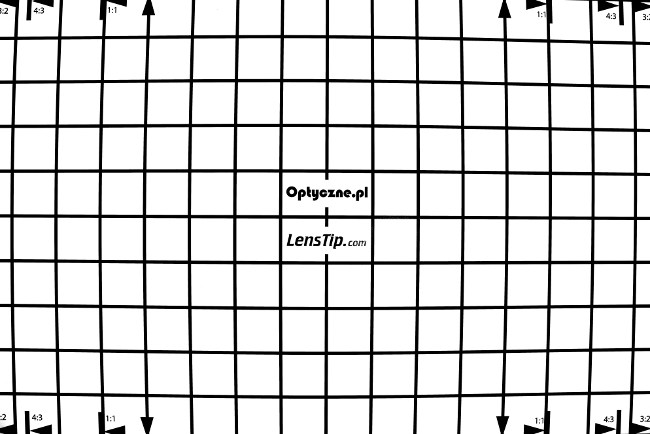
|
|||
When it comes to the performance against bright light, the task of Sigma optics specialists was very difficult indeed - you deal here not only with a complex optical construction, an ultra-wide angle of view, but also with a huge front element. The bar was raised very high but Sigma managed to jump it. The overall contrast of images is really good, light artifacts are few and far between, appearing mainly when you put the sum really close to the frame centre.
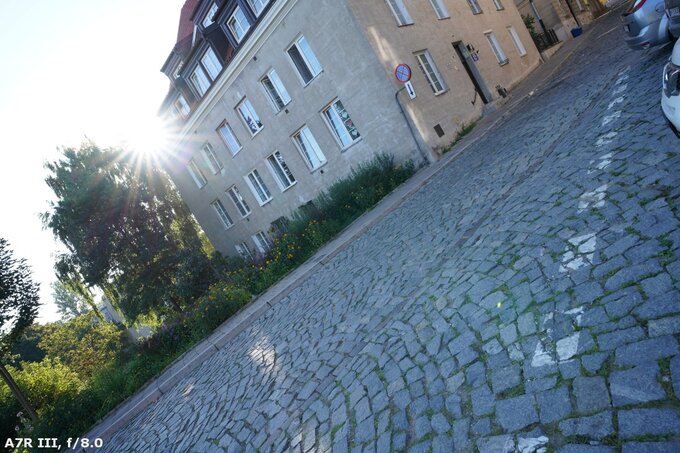 |
It's worth mentioning here that the autofocus module is often a feature that can be significantly improved in the final version of a lens so we hope the final specimen of this lens will perform a bit better in this category.




